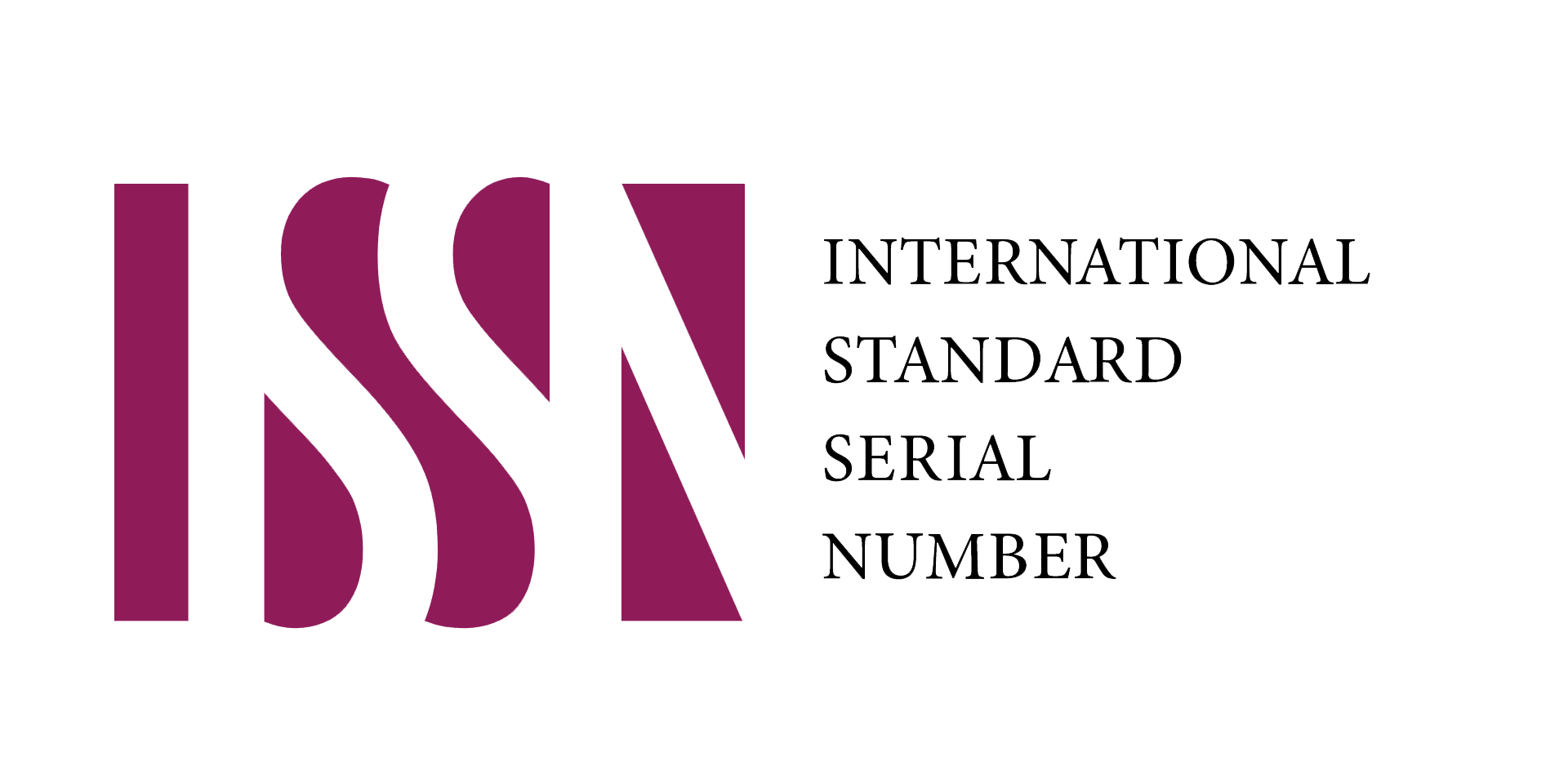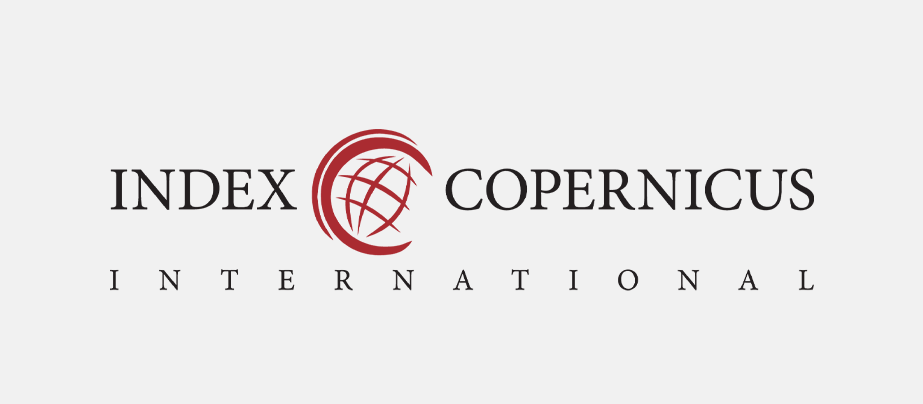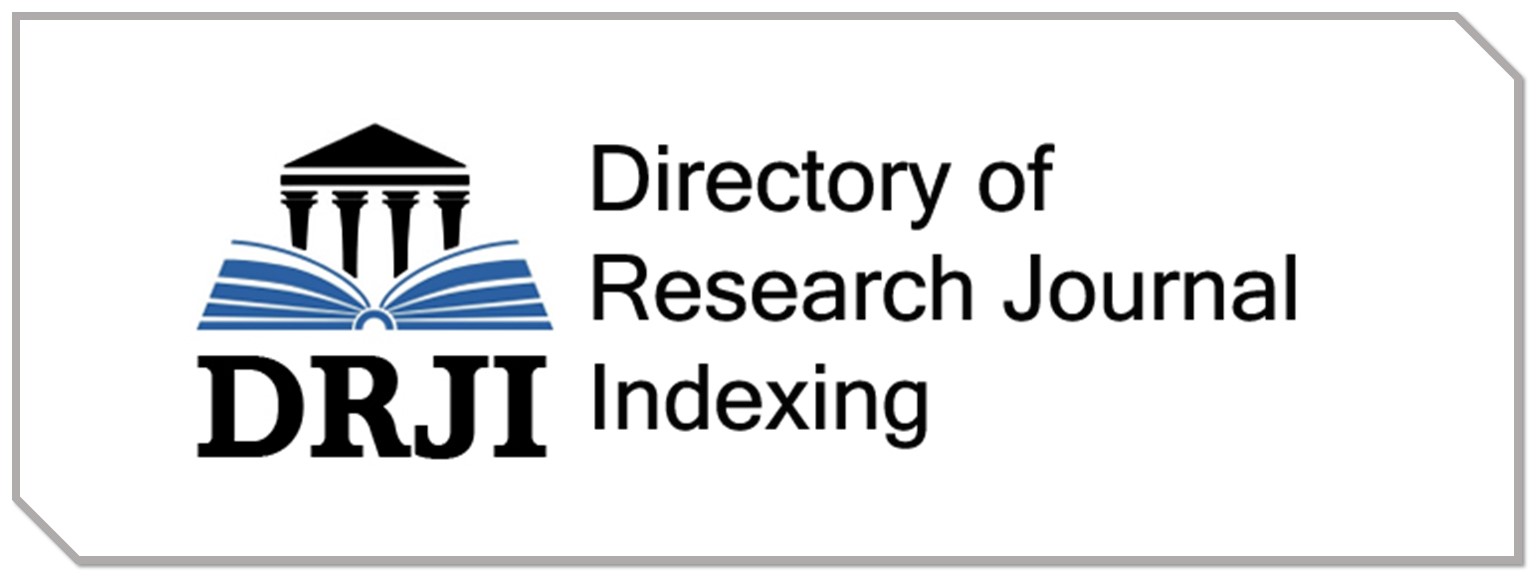Economic Transformations in China and Uzbekistan: Cooperation and Strategic Relations Between Them
Keywords:
China, America, World Trade Organisation (WTO), Uzbekistan, Central Asian countries, Diplomacy, Afghanistan, TajikistanAbstract
Beginning in 1979, China launched several economic reforms. The central government initiated price and ownership incentives for farmers, which enabled them to sell a portion of their crops on the free market. In addition, the government established four special economic zones along the coast for the purpose of attracting foreign investment, boosting exports, and importing high technology products into China. Additional reforms, which followed in stages, sought to decentralize economic policymaking in several sectors, especially trade. Economic control of various enterprises was given to provincial and local governments, which were generally allowed to operate and compete on free market principles, rather than under the direction and guidance of state planning. Uzbekistan’s unique post-independence experiment with development was led by Islam Karimov until his sudden death in September 2016. Despite defying international advice on structural reforms, under Karimov’s rule, Uzbekistan achieved an average annual growth rate of 5% in the period 1996–2016, which was particularly impressive (over 8%) in 2004–2016. Karimov also left behind strong macroeconomic fundamentals for his successor. Since taking over the presidency in December 2016, Shavkat Mirziyoyev has introduced wide-ranging reforms, creating an impression of a de facto start to transition in Uzbekistan.











